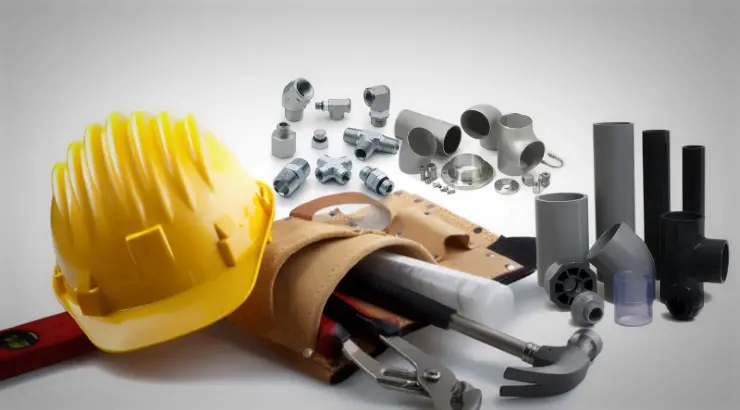Consistency & Performance
There is nothing more important than building material quality when it comes to any construction project. It is vital that quality assurance measures are taken to ensure that all materials selected meet stringent standards for project success as well as safety. This post will explore the importance of quality assurance in construction and how it can elevate all areas of the construction process. Keep reading to find out more.
Ensuring Safety & Reliability
Construction can be a hazardous industry, and projects must meet strict safety guidelines. Quality assurance is vital in the construction industry to ensure the consistency and performance of building materials, including essential components like concrete blocks. Quality assurance ensures that all materials selected for use are free from defects to ensure structural integrity and for the protection of the end user.
Compliance with Standards & Regulations
Building materials must meet standards and regulations to guarantee safety and reliability, preventing fines and project delays. Organisations like the British Standards Institution (BSI) and the International Organisation of Standardization (ISO) issue certificates that validate the quality of building materials, so it is vital that checks are conducted to ensure materials have proper certification before use.
Promoting Sustainability
Construction projects must also take steps to minimise environmental impact, and material selection is key to this. Certifications encourage the use of eco-friendly and energy-efficient building materials, making it easier for construction companies to choose materials that will reduce the project’s carbon footprint and help work towards sustainability goals.
Reducing Project Risks
Quality assurance is also critical for reducing various project risks. Every project will have numerous risks that must be managed, so quality assurance can help reduce the chance of material defects and failures during construction. This can help avoid costly repairs, delays, and legal issues while also providing peace of mind for all stakeholders.
Building Stakeholder Confidence
Another vital aspect of quality assurance in construction projects is building stakeholder confidence. Where certified materials are used, this helps to build trust among clients, architects, and regulatory authorities. This trust is important for building strong reputations, securing projects, and obtaining permits.
Long-Term Value & Cost-Efficiency
Lastly, quality assurance contributes to long-term value and efficiency. Certified materials typically have a longer lifespan and require less maintenance, resulting in long-term cost savings despite their initial higher cost.
It is clear that quality assurance is critical in the construction industry to ensure that building materials of the highest standard are selected for use. Quality assurance will ensure that projects are safe and finished to the highest standard, so it is vital that construction companies have stringent measures in place and always select building materials that are certified for performance and reliability.











